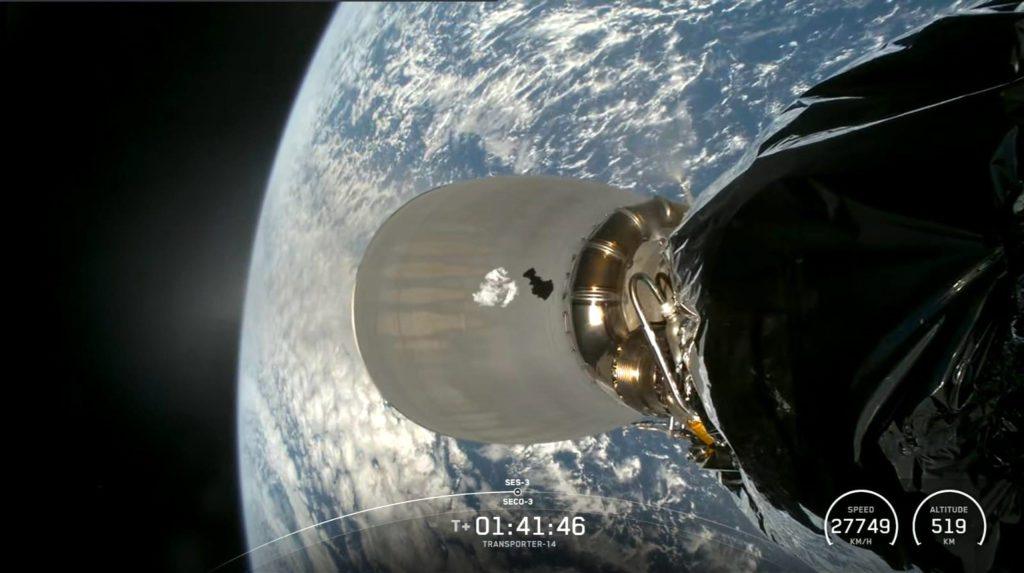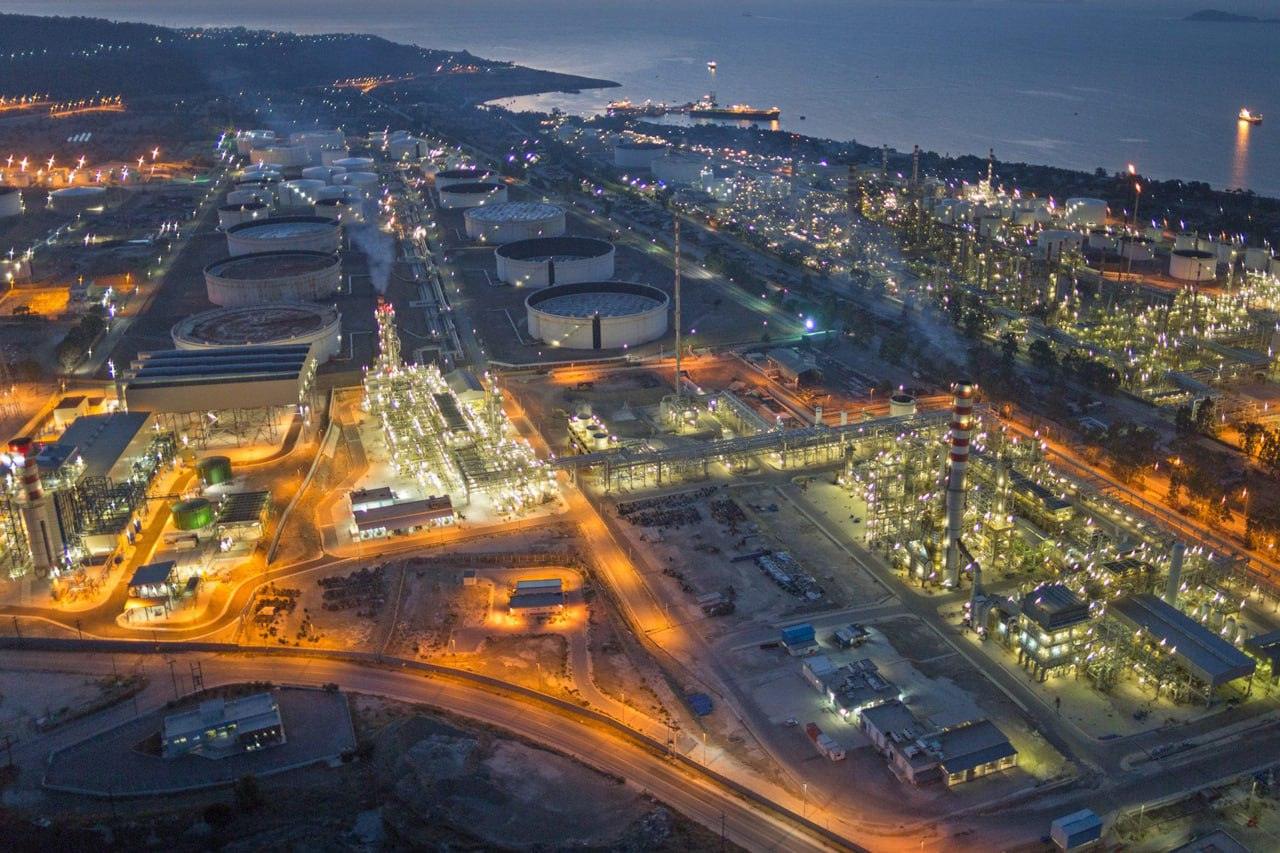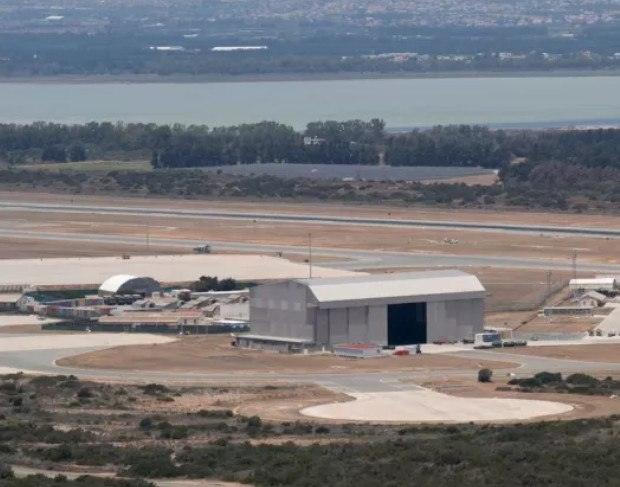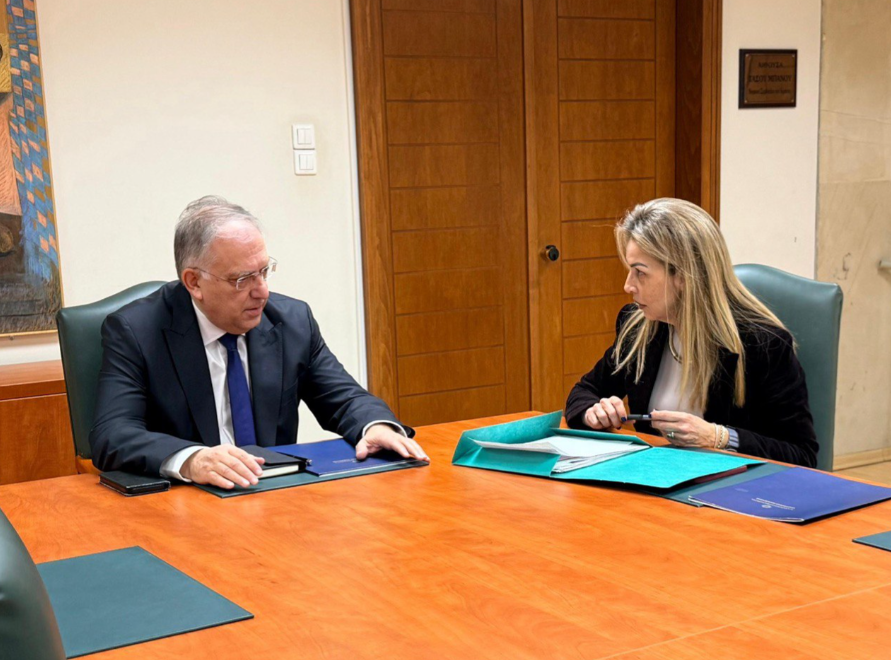Greece marked a milestone in its national space ambitions on Monday with the successful launch of DUTHSat-2, the first environment observation satellite designed and built entirely in Greece. The launch took place at the Vandenberg Space Force Base in California, the Ministry of Digital Governance announced.
The satellite is a major step in the country’s strategy to utilize space technologies for environmental monitoring, natural disaster response, and as part of efforts to strengthen civil protection. It forms part of the National Microsatellite Program, supported by the European Space Agency (ESA) and funded by Greece’s Recovery and Resilience Fund.
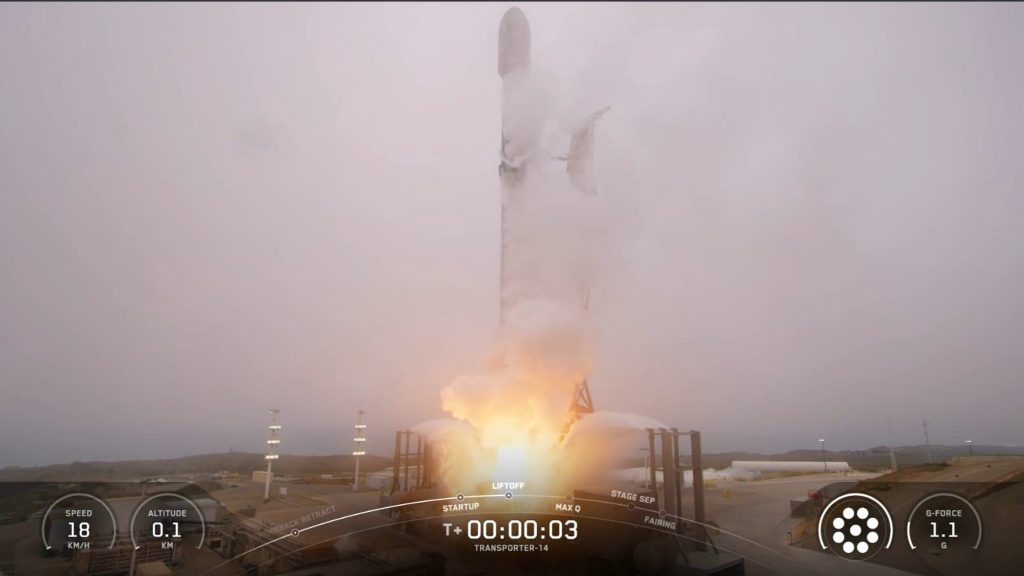
The satellite, made entirely in Greece, was launched on Monday, June 23, 2025. Photo: Eurokinissi/Digital Governance Ministry
Developed by a scientific team from the Democritus University of Thrace in collaboration with Greek tech companies, DUTHSat-2 enhances Greece’s capabilities in Earth observation and space communication.
Weighing just 7kg, DUTHSat-2 was launched aboard a SpaceX Falcon-9 rocket as part of the Transporter-14 mission. It was successfully deployed into orbit approximately an hour after takeoff, at an altitude of 510 kilometers above sea level.
The satellite will deliver high-resolution images and environmental data on soil moisture levels and marine pollution, among others. Its optical sensors have been calibrated to detect oil spills and ballast water discharge from ships, critical threats to marine ecosystems. It also carries an innovative in-flight telemetry system known as ETM (Essential TeleMetry and Housekeeping): a “space black box” providing operators with key diagnostic data in case of subsystem failure.
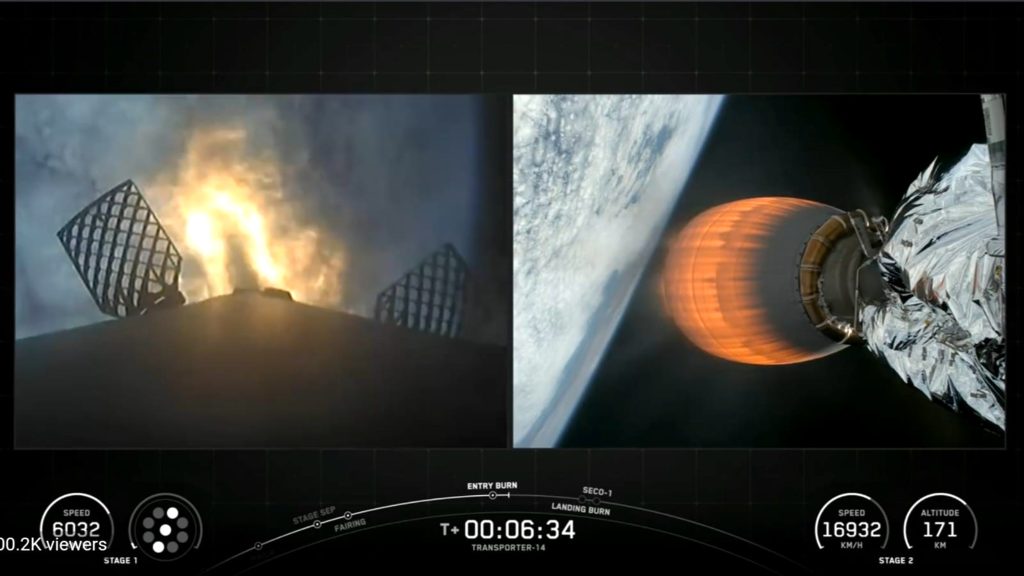
Greece’s first satellite, DUTHSat-2, launched on June 23, 2025. Photo: Eurokinissi/Digital Governance Ministry
Over the next six months, DUTHSat-2 will also serve as a platform for in-orbit validation of new Earth observation and telecommunications technologies.
“The successful implementation of the DUTHSat-2 mission marks the beginning of a new era for Greek microsatellite programs,” the Ministry of Digital Governance said in a statement, announcing that two more cubesats, developed by consortia of Greek companies, were set to launch this November.
“We now have the first Greek-flagged’ satellite in space. DUTHSat-2 is a bright example of what the Greek scientific community and domestic industry can achieve together. Beyond expanding our capabilities, we’re building a national space ecosystem that connects scientists, institutions, universities, and businesses to the forefront of global technological innovation,” said Digital Governance Minister Dimitris Papastergiou.
Earlier this year, Greece was selected as one of the two hubs for the EU’s secure satellite communications program, GOVSATCOM.
Source: Tovima.com
